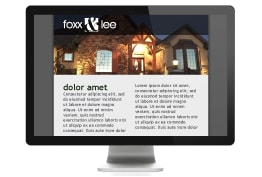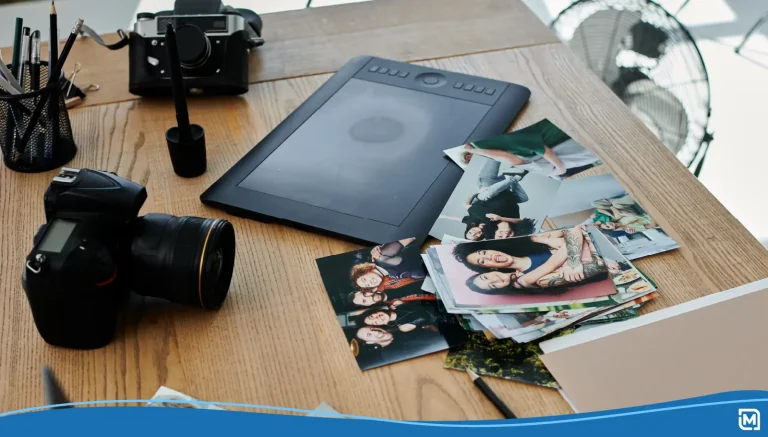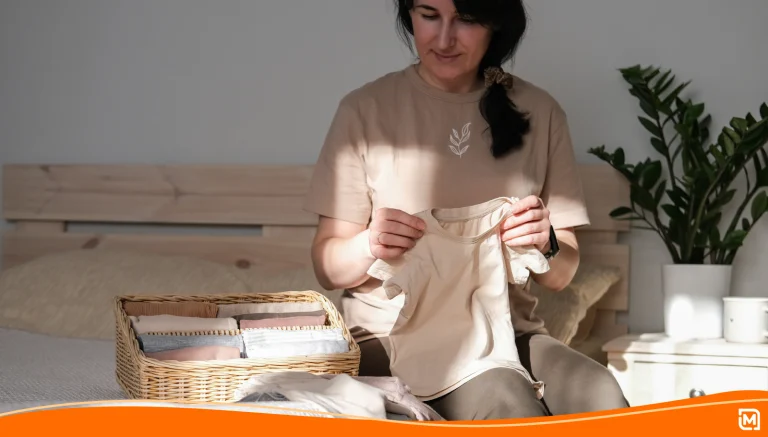Attracting new customers is hard work. And as the owner of a small business, you would never do anything to make that job harder, right? At least not on purpose.
Unfortunately, a lot of small business owners unintentionally make big mistakes online. Mistakes that make customers look for a better, more trustworthy option.
Are you making any of these mistakes with your small business website?
Things That Make Your Website Untrustworthy
Terrible website design
Okay, good design is (at least partially) in the eye of the beholder. What you like may not be what I like. But we can all agree that there are certain design conventions that shouldn’t be changed. Users who visit your website expect your site to act like all of the other sites they use. If you hide the navigation at the bottom of the page, underline words that aren’t links, or use hard-to-understand animations and layouts, you can expect many of your customers to move on to one of your competitors. Customers leaving your site in a hurry can also impact your SEO. Ensure your website’s design doesn’t negatively impact your rankings.
No scale-able text
We understand that you’ve got a great story to tell and now that your customer is on your site, you’ve got to let them know all about it. Keep in mind that people online don’t read the same way they do offline. Most web visitors want to be able to scan your site, looking for answers to their questions. Help them by adding headlines and subheads, bullet points, and short paragraphs. And keep the most important messages in your headlines, where customers can easily find them.
Advertisements
It may be tempting to add a little extra income to your business by putting advertising space on your website, but unless you are creating highly readable, new content every day (that is, you are a newspaper or magazine) don’t do it. What you gain in income will never pay for what you lose in credibility.
No contact information
This is a no-brainer. Give your customers a way to contact you. Email. Phone. Web forms. All of the above. Customers want to be able to reach out to the people they buy from.
Auto-direct to a mobile website
If you have a website optimized for mobile devices and tablets, congratulations. You’re ahead of most of your competitors. However, don’t force your customers to use them. If they want to visit your full site from their phones, let them.
Missing price information
Are you afraid to let customers know how much your products or service cost online? Don’t be. They’re going to find out eventually. If they were expecting $100 and you charge $500, they’ll be disappointed. And they won’t buy—so don’t waste any more of your time or theirs trying to do a deal. On the other hand, if your products fall within their price range, you’ve got a sale. Telling them what you charge up front (or very close to up front) helps pre-qualify them.
Survey or email list pop-ups
You’ve got a customer on your home page. Great. Now you’re thinking, I can learn from them. Why not give them a survey? Or why not add them to my email list. Here’s why not: they came to your site looking for your product. If you give them a survey or form (which they didn’t come to your site to complete), they may leave before they ever see your product. Why would you want to chase off a customer before they’ve had a chance to buy anything?
Sound
Don’t put sound on your website. Ever. Even if the song is awesome. Even if it’s your favorite tune. Even if everyone likes it. Having sound automatically play on your website is guaranteed to make your users leave immediate and head to your competitor’s site instead. Most users are visiting websites on their phones in public places these days. Think about how frustrating it would be for the user and the people around them when they visit your website on public transportation during rush hour and your site starts blaring “Highway to Hell” at full volume.
Remember, your website is like a salesperson. Your customer invites your site into their home or office in order to learn more. If they like what they see, they may buy something. Don’t miss the opportunity to earn their trust and their purchase with these silly mistakes.
What can you do to your website to make it more trustworthy?



